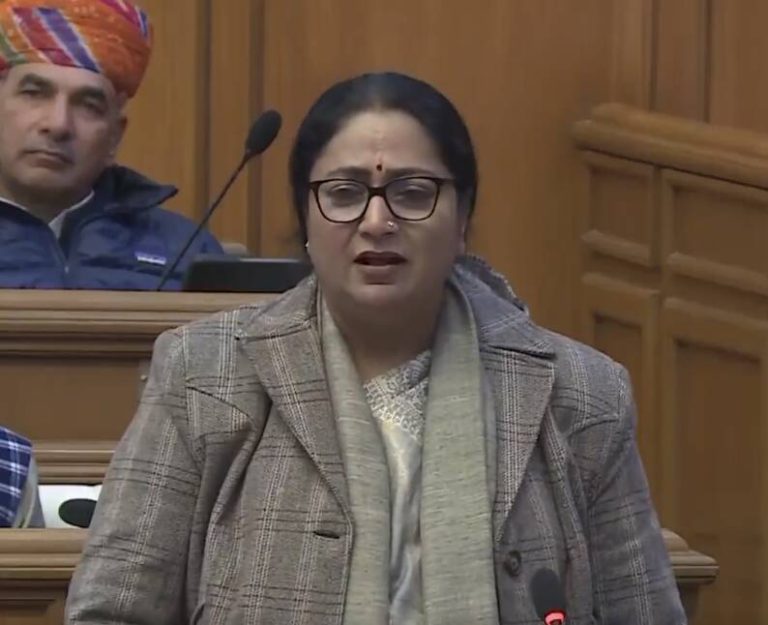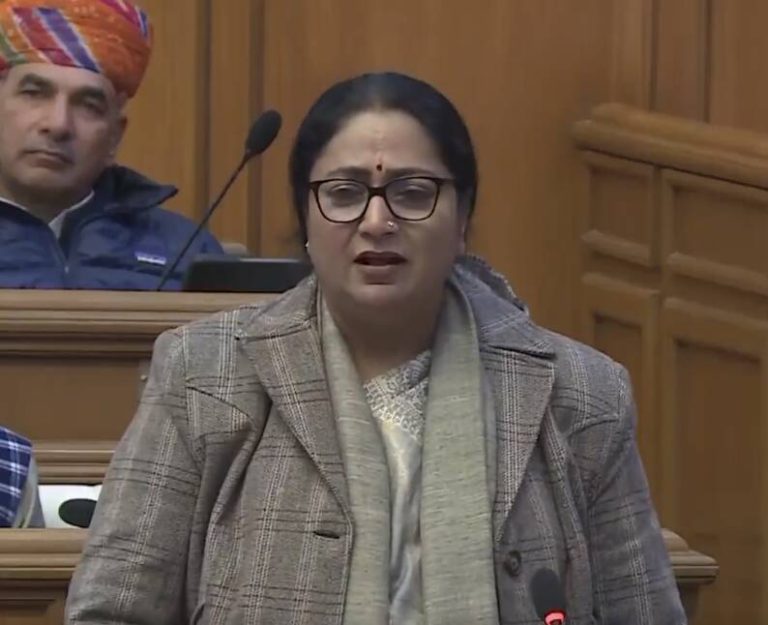
Took voice, walking coaching as I ran & sounded like a girl: Karan
In a shocking revelation, renowned filmmaker Karan Johar has opened up about his struggles with his voice and walking style during his teenage years. In a recent interview, Karan shared that he took voice and walking coaching classes for three years, starting at the age of 15, because he used to run and sound like a girl. This admission has left many of his fans and admirers surprised, as they had never imagined that the confident and charismatic director had to overcome such challenges in his youth.
According to Karan, his coach told him that he wouldn’t be able to face the world with the confidence he needed if he didn’t sound like a man. These words had a profound impact on Karan, and he decided to take matters into his own hands. He enrolled in coaching classes, where he worked on modifying his voice and walking style to conform to traditional masculine norms. This journey was not an easy one, and Karan had to hide his coaching classes from his father, telling him that he was attending computer classes instead.
Karan’s decision to take voice and walking coaching classes was motivated by his desire to fit in and be accepted by his peers. As a teenager, he was aware that his voice and walking style were different from those of his friends, and he felt self-conscious about it. He wanted to sound and walk like a “man,” as he believed that this would give him the confidence he needed to succeed in life. Karan’s experience is a testament to the societal pressure that many individuals, particularly men, face to conform to traditional gender norms.
The fact that Karan felt the need to hide his coaching classes from his father highlights the stigma that still surrounds issues of gender and identity. Many people, especially men, are afraid to express themselves freely or seek help for fear of being ridiculed or ostracized. Karan’s story serves as a reminder that it’s essential to create a supportive and inclusive environment where individuals can feel comfortable being themselves, without fear of judgment or rejection.
Karan’s journey towards self-acceptance and confidence is an inspiring one. Despite facing challenges and setbacks, he persevered and worked hard to overcome his struggles. Today, he is one of the most successful and respected filmmakers in the Indian film industry, known for his bold and unapologetic approach to storytelling. Karan’s story is a testament to the power of self-acceptance and the importance of embracing one’s true identity.
In recent years, there has been a growing awareness and acceptance of non-traditional gender identities and expressions. The LGBTQ+ community has made significant strides in promoting inclusivity and diversity, and there is a growing recognition of the need to create a more supportive and accepting environment for individuals who do not conform to traditional gender norms. Karan’s story is a reminder that there is still much work to be done, and that we need to continue to promote acceptance, inclusivity, and diversity in all aspects of our lives.
As we reflect on Karan’s story, it’s essential to recognize the importance of self-acceptance and self-love. It’s crucial to create a society where individuals can express themselves freely, without fear of judgment or rejection. We need to promote a culture of inclusivity and diversity, where everyone can feel valued and respected, regardless of their gender identity or expression. By sharing his story, Karan Johar has taken a significant step towards promoting awareness and acceptance, and we can all learn from his courage and resilience.
In conclusion, Karan Johar’s revelation about his voice and walking coaching classes is a powerful reminder of the importance of self-acceptance and inclusivity. His story highlights the challenges that many individuals face in conforming to traditional gender norms and the need to create a more supportive and accepting environment. As we move forward, it’s essential to promote awareness and acceptance, and to recognize the value and worth of every individual, regardless of their gender identity or expression.





